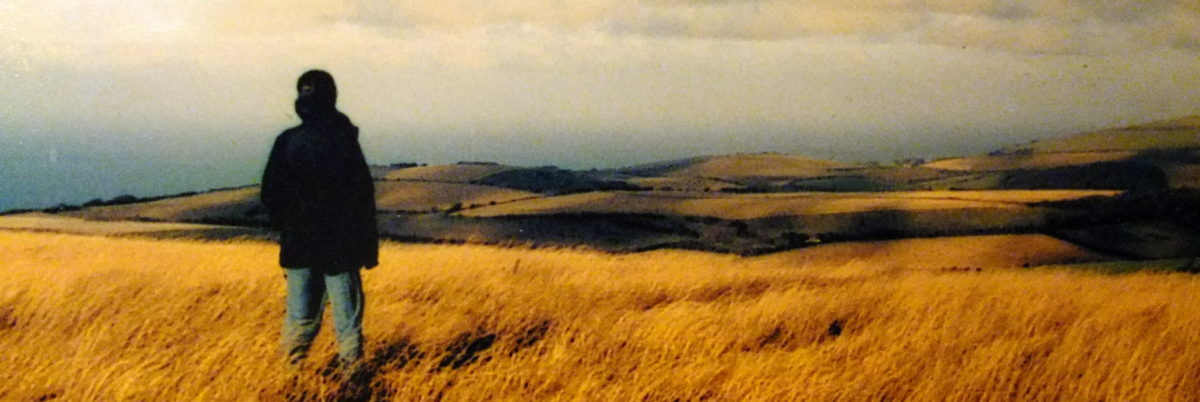A few weeks ago I visited an isolated mountain village hidden within the towering Caucasus Mountains of Georgia, that beautiful and vibrant small country in eastern Europe. My friends and I had been invited to listen to the traditional music of the mountains and join the musicians in a sumptuous feast as they celebrated their unique culture.
Villagers of all ages had gathered around a semi-circle of men whose powerful, resonant voices blended together, singing stories in a language new to me but which had been alive in this place for centuries. Other-worldly yodeling and call-and-response within the group awed me. A few villagers spontaneously began to dance. I listened, delighted and tearful, to an old woman singing, her voice lifted in a melody she may have learned from her grandmother.
Later we sat at heavily loaded tables and ate together. Nine hundred year old stone towers and walls reared above us as twilight deepened into night. At one end of the table sat an old man whom the younger singers toasted exuberantly as their “living legend.” With a voice still strong and full, he began singing anew, and the others joined in. Then a trio of sisters sang together as one played an ancient stringed lute. I wondered how many hands had held that bow before her.
This music was attached to this place, and this place was bonded to this music. I studied the intent faces as the musicians wove their polyphonic harmonies, and I knew that these people belonged to both the place and the music. Their lives had been shaped by these villages, and the music, with its stories and emotion, had risen from within the mountain life. Though some people had moved to the cities, their roots drew them back to the villages and the music.
As we bid farewell and left the village, I thought how music had helped to preserve a culture and a people. This corner of the world had been fought over many times. But in the hidden mountain villages, the ancient music and the old stories and language continued to anchor the people no matter which empire ruled. The people knew that they belonged here – and that their music had outlasted empires.
I wonder what anchors us today. We usually don’t know the centuries-old villages where our ancestors lived. We don’t know the actual places, villages such as these Svaneti people of Georgia hold dear. Perhaps we have a story or a piece of music that tells a story. The story may be inherited from our ancestors or it may be a story we have found that guides our lives and gives us a sense of belonging. Sometimes shared hardship has created a painful anchoring place. Every year at the Jewish Passover, an old, old story is retold. Enslaved or persecuted people have a shared experience that has shaped their lives.
Faith stories and the spiritual communities in which they live can provide a strong anchor. We cherish the generations of people who traveled the journey of faith before us. Knowing their journey helps us on ours. Some have found a community where they belong among those who share a passion for the earth, its sacredness and its fragility. Others have been working for peace around the world, joined by companions whose actual living places are widely separated but whose anchoring place is the same “village”.
Humans need a sense of belonging to something that is shared in community. We need a place to return to, a place from which we gain strength to sing the song and tell the story. I invite you to consider what anchors you. What stories bring meaning to your living – and what is the community that anchors them? What village provides a place where you belong, a place whose story is yours to sing?
I remember the warm welcome our small group of travelers found in the Georgian village, and I know how important a welcome is for those who visit but don’t belong. The story that anchors me is different from those that give meaning and music to the Svaneti people in Georgia. I want to hear their music and stories though – just as I hope to share with others the song and story that anchors me.
We all gain when we freely share our music and our stories of pain and hope and joy. To be rooted in a community that is open-hearted in giving and receiving is a gift for everyone. It is my hope that we can say to each other:
I belong here and am rooted in this community. These are my songs. Come and sing with me. I want to share this music that anchors me, and I want to hear your music, too, and sing with you.
To actually hear unique Georgian music, click here. We were guided on this journey by John Graham Tours.




Beautifully written!
Thank you, Linda. I wish you could have joined us on the trip, but I’m glad you received this taste of the experience. Nancy